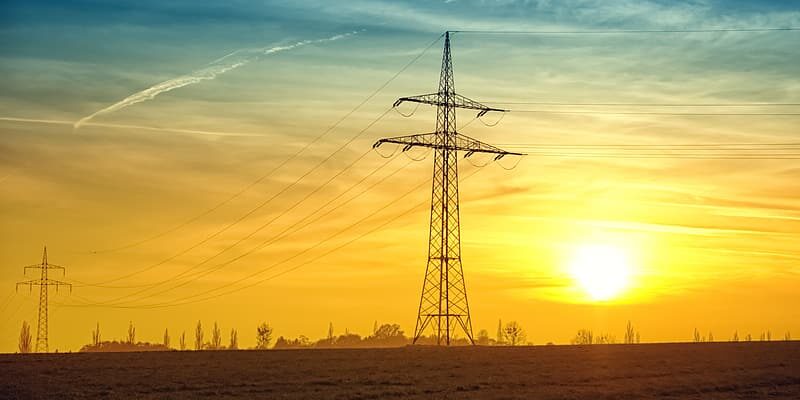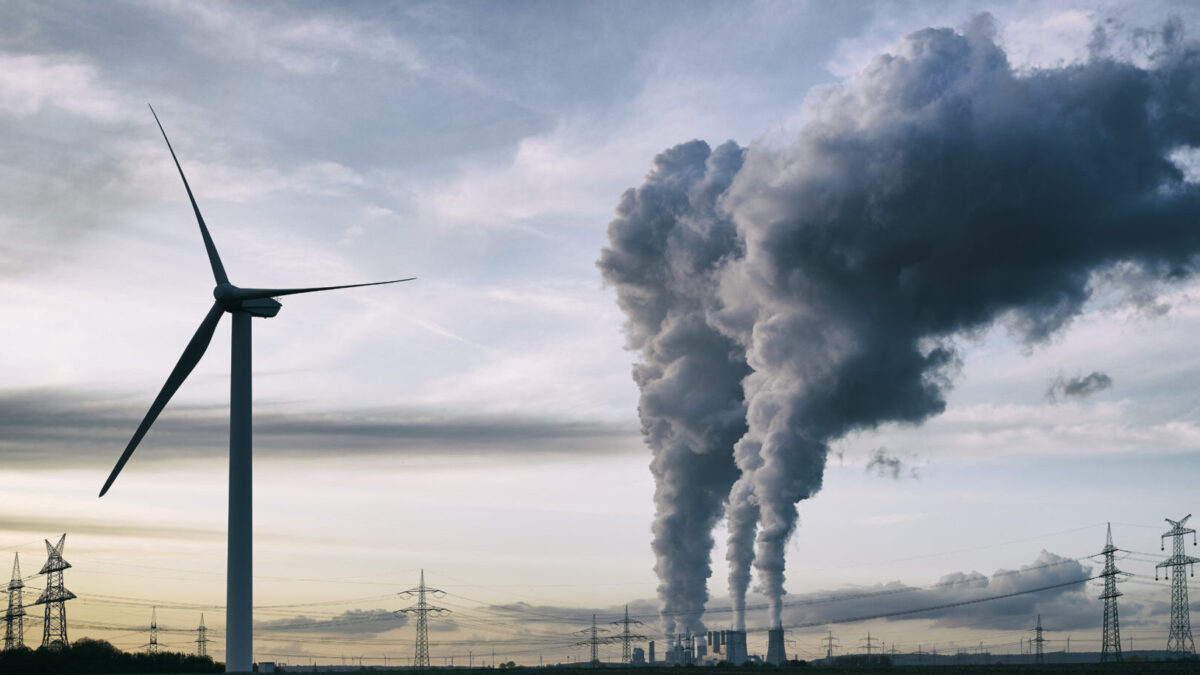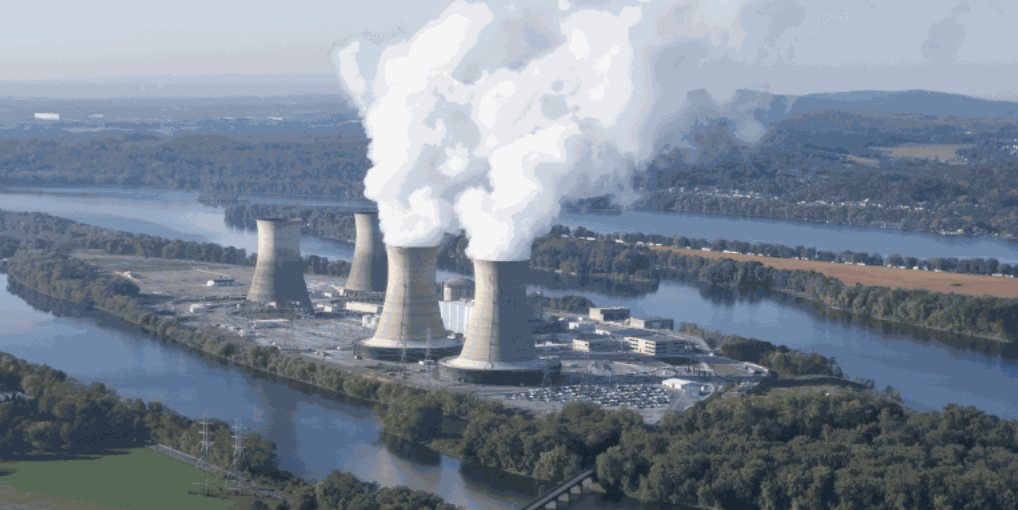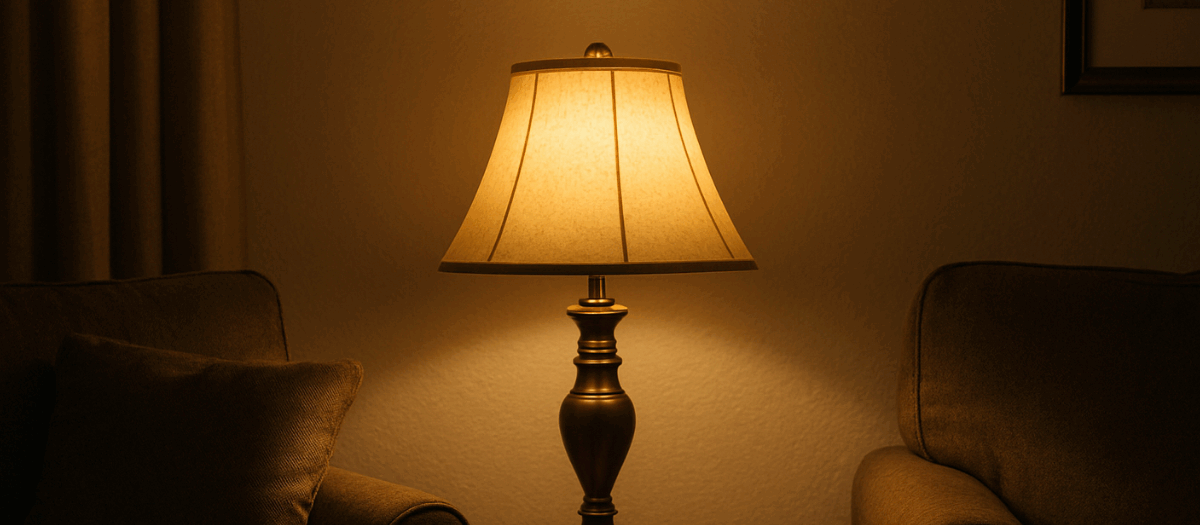Terry Fitzpatrick: Democrats need a reset on energy policy
In the aftermath of their election losses last year, Democrats are searching for ways to refocus on the kitchen table issues that affect the daily lives of voters. Their approach on energy policy would be a good place to start.
Energy policies that stand the test of time seek to balance three important goals: affordability, reliability, and environmental sustainability — sometimes referred to as the “energy trilemma.” Pursuing any one of these goals while neglecting the other two will cause problems. But for two decades the energy policies of Democrats have done just that, focusing almost exclusively on the environmental goal of combating climate change while treating energy affordability and reliability as afterthoughts.
Led by the party’s progressive wing, Democrats have backed laws mandating and subsidizing intermittent, renewable energy while placing more and more restrictions on use of coal and natural gas. Complementing this approach, the party’s allies in the environmental community have waged a war on fossil fuels, seeking to eliminate the few remaining coal-fired power plants and to bog down in litigation every proposal for new natural gas pipelines and gas-fired power plants.
The negative consequences of this myopic, unbalanced approach are now coming home to roost. Two-thirds of the U.S. faces a potential shortage of electricity in coming years, including the regional grid serving Pennsylvania operated by PJM Interconnection. PJM issued a report two years ago warning that we may not have sufficient supplies of electricity to keep the lights on before the end of the decade. Demand for electricity is growing while supplies are shrinking due to the premature retirement of coal and natural gas-fired power plants. Almost all the generation projects in PJM’s interconnection queue are for renewable energy and battery storage, but the engineers who operate the grid and oversee its reliability are warning that these technologies cannot replace the reliability provided by dispatchable power plants that can operate around the clock.
Naturally, with demand going up and supplies going down, prices are increasing in the wholesale electricity markets administered by PJM.
Voters who live paycheck-to-paycheck will be looking for answers when the full impact of these price increases hit their bills, or when, in a worst-case scenario, the lights go out. And make no mistake, the unbalanced policies championed by progressive Democrats are a major contributor to the problem. PJM’s report on the looming power crunch specifically identified environmental policies at the federal level and by Democratic-controlled states such as Illinois and New Jersey as contributing to this trend.
To move toward a more balanced approach on energy policy, Democrats should listen to the non-partisan engineers responsible for operating the grid rather than environmental activists. Democrats should acknowledge that we need to continue using fossil fuels for the foreseeable future and promote the development of new natural gas pipelines and power plants. They should also stop trying to force ever greater amounts of renewable energy onto the grid. There is a place for renewable energy in the energy mix, but in a supporting rather than a leading role given its reliability shortcomings.
This does not mean turning away from the goal of environmental sustainability but, instead, pursuing that goal by reducing emissions while continuing to use fossil fuels and related infrastructure. Examples of such policies would be encouraging use of “certified natural gas” that is produced and transported using best practices and monitoring technologies to reduce emissions, and renewable gas from landfills and farms. There is also a role for government in promoting more efficient use of energy and research and development of promising technologies such as small modular nuclear reactors and geothermal energy.
There will be a political risk for Democratic candidates who advocate a more balanced approach on energy policy, especially in a primary election where progressive opponents will attack them as weak on fighting climate change. But a fresh approach that gives energy affordability and reliability their proper due is needed to earn the trust of working families who sit at their kitchen tables worrying about paying their utility bills.
Terry Fitzpatrick is a former Chairman of the Pennsylvania Public Utility Commission and Member of the Pennsylvania Environmental Hearing Board.




